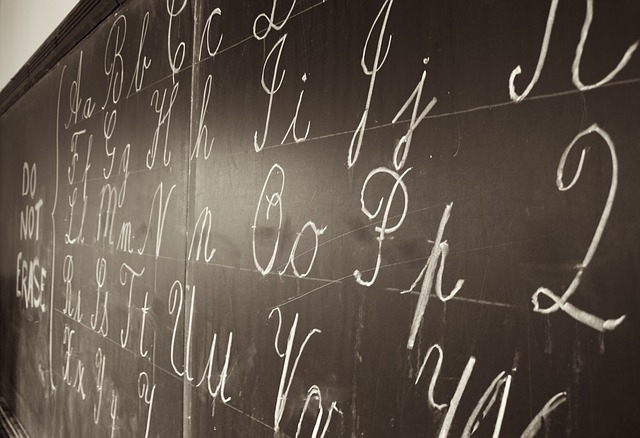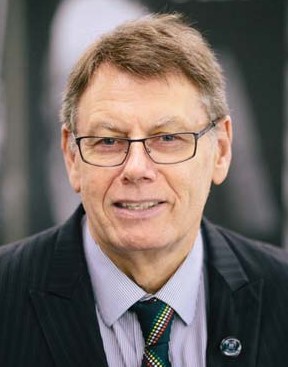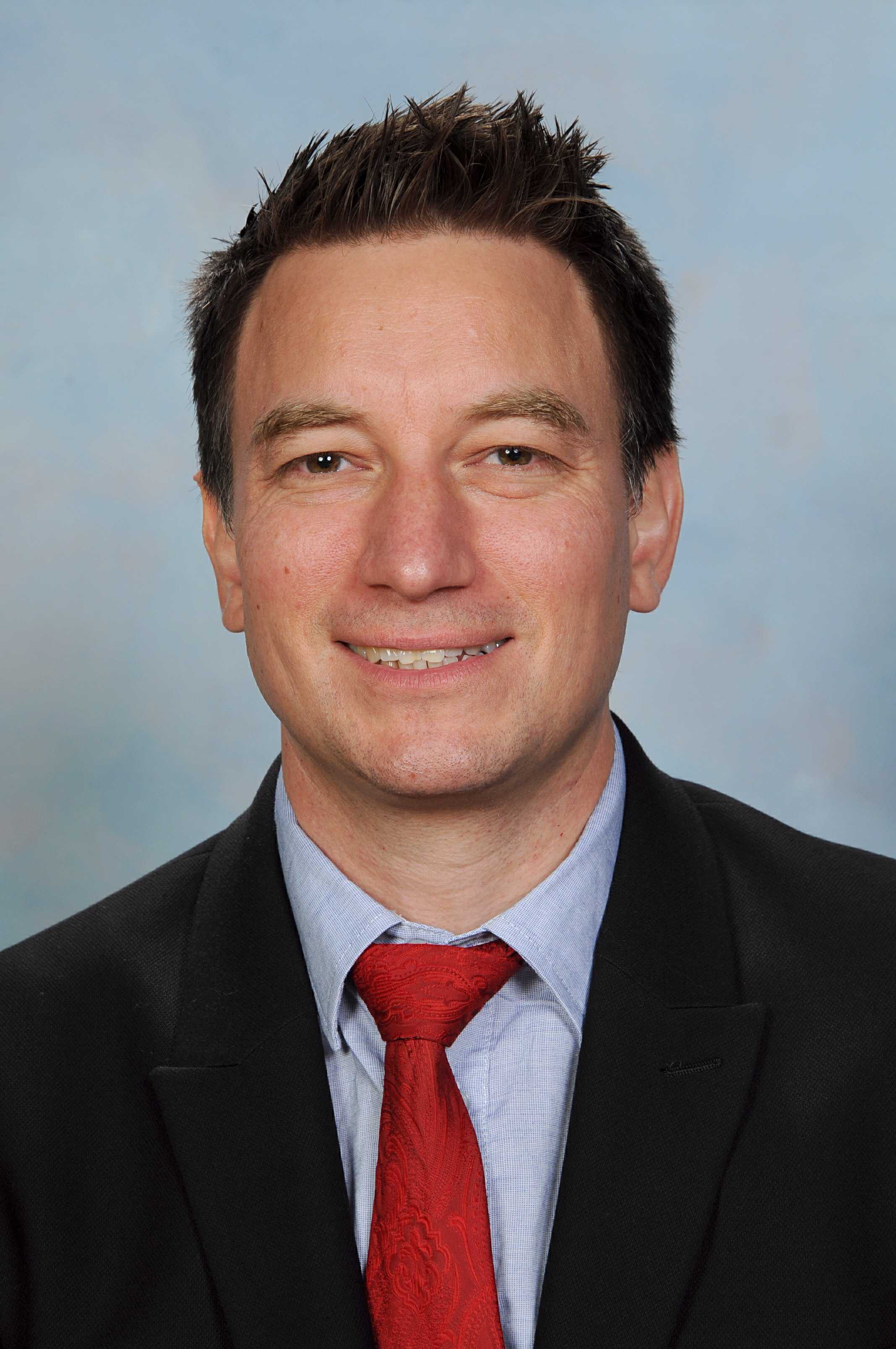The place of Teaching Science in Christian Schools
and
Changes in Science Curriculum Development and Science-Faith Challenges for Christian Teachers

Main Common Room, New College, UNSW
RSVPs to (Em. Prof) Peter Barry [email: p.barry@unsw.edu.au] would be much appreciated but are not mandatory.
For further information, contact Peter by email or by mobile on 0419 243 685.
Date: Monday 23rd October 2017 at 7.30 pm – 9.30 pm
Topics: The place of Teaching Science in Christian Schools
and
Changes in Science Curriculum Development and Science-Faith Challenges for Christian Teachers
Read more…
Speakers: Dr John Collier, BA, Dip.Ed., Dip.Bibl.St., Ed.D, FACE, FACEL, Principal (Head of School) of St Andrew’s Cathedral School, will be speaking on
The place of Teaching Science in Christian Schools
and
Dr David Ruys, PhD, BE (Hons), Head of Science at St Catherine’s School, Waverley, will be speaking on
Changes in Science Curriculum Development and Science-Faith Challenges for Christian Teachers
Venue: Main Common Room, New College, UNSW
Cost: Donations of $15 ($5 for students and $10 for pensioners) towards lecture and other costs would be much appreciated. Entry is free for New Collegians and Residents of NCV. There will also be light refreshments after the lecture.
Register: For catering purposes and so that you can be provided with a nametag, please register by clicking on BOOK NOW (preferably, rather than sending an RSVP, unless you can’t come and want to reply). Please note that the above Donations can be made at the door and that no payment will be collected in the online registration process.
For further information, contact (Em. Prof) Peter Barry | email: p.barry@unsw.edu.au | M 0419 243 685 |
Parking: is available on nearby suburban streets or in the Western Campus Carpark (G2) between the New College Village (H3) and NIDA (E2), which is free after 6.30 pm and is normally accessed via Day Ave (see New College-UNSW Map), which can be accessed via Doncaster Ave, though note that neither Day Ave nor Doncaster Ave can be directly accessed when travelling south along Anzac Pde.
Dr John Collier: The place of Teaching Science in Christian Schools
Talk Abstract: pdf link: Dr John Collier Abstract
Talk Outline – pdf link: Dr John Collier talk outline
Biosketch: Dr John Collier, has a BA DipEd (Sydney Univ), Dip.Bibl.St (Moore Theol Coll), Ed.D (Univ Western Sydney, with  Doctoral Thesis on the Role of Leadership in Developing New Schools, Academic Excellence, and School Culture and Ethos, and Christian Education). He has been Principal (Head of School) of St Andrew’s Cathedral School (from 2010, and is a Fellow of the Australian College of Educators and the Australian Council for Educational Leaders (FACE & FACEL). He has had 45 years teaching experience and is in his 28th calendar year as a School Principal (Head of School), which have also included St Paul’s Grammar School, Penrith (1997-2009) and as a Founding Principal of, Thomas Reddall High School, Campbelltown (1990-1997). He is deeply interested in academic excellence, strong pastoral care, including within Christian education, of engaging young people in critical thinking, and the development of well-rounded individuals who will become successful adults and active citizens. He also has a great interest in the philosophy of science, and has spent time with Prof. John Lennox at Regent College on the interface between science and faith. For further information, see Dr John Collier CV.
Doctoral Thesis on the Role of Leadership in Developing New Schools, Academic Excellence, and School Culture and Ethos, and Christian Education). He has been Principal (Head of School) of St Andrew’s Cathedral School (from 2010, and is a Fellow of the Australian College of Educators and the Australian Council for Educational Leaders (FACE & FACEL). He has had 45 years teaching experience and is in his 28th calendar year as a School Principal (Head of School), which have also included St Paul’s Grammar School, Penrith (1997-2009) and as a Founding Principal of, Thomas Reddall High School, Campbelltown (1990-1997). He is deeply interested in academic excellence, strong pastoral care, including within Christian education, of engaging young people in critical thinking, and the development of well-rounded individuals who will become successful adults and active citizens. He also has a great interest in the philosophy of science, and has spent time with Prof. John Lennox at Regent College on the interface between science and faith. For further information, see Dr John Collier CV.
Dr David Ruys: Changes in Science Curriculum Development and Science-Faith Challenges for Christian teachers
Talk Abstract: The jobs that your students will have in a decade don’t exist yet. This statement, or something like it, is commonly heard by teachers in professional development sessions. The world is rapidly changing, and nowhere more so than in science and technology. Robotics and artificial intelligence may render many current jobs obsolete. Problem solving skills and STEM (Science Technology Engineering and Maths) literacy are being emphasised as critical to preparing young people to meet the challenges of a rapidly changing world and job market place. In addition, globalism together with a rise in religious extremism around the world are posing increasing challenges to faith and conversations about faith. The old tropes about science rendering religion obsolete continue to be trotted out by the likes of Richard Dawkins. Students of today need to be scientifically skilled and literate to meet the challenges of change in the future. At the same time, they need to understand that science and technology do not take place in a social or moral vacuum. Students need to learn to carefully evaluate both scientific and religious claims and to be prepared to differentiate sound reasoning from poor reasoning in both domains.
Talk Outline – pdf link: Dr David Ruys talk outline.
Biosketch: Dr David Ruys, has a PhD, and BE (Hons) in (Materials Science and Engineering), and has been a Physics Teacher and  Head of Science at St Catherine’s School in Waverley (from early 2017). He was previously Head of Science at Sutherland Shire Christian School (2015-2016). Before that he was in charge of developing science extension programs for gifted and talented students at St Andrew’s Cathedral School, where he was a Science Master from 2010-2014. Prior to teaching, David was a Postdoctoral Fellow with the Co-operative Research Centre for Advanced Composite Structures (CRC-ACS) working at the University of NSW. His main area of research was the development of bio-based composite materials using plant-based fibres and resins for sustainable engineering materials. David has a strong interest in the intersection between science and the Christian faith, particularly with regard to concepts of stewardship of creation and the use of sustainable technologies. David is most passionate about preparing students to critically evaluate scientific and philosophical arguments to be prepared for the challenges that they will face in adulthood, particularly in tertiary education.
Head of Science at St Catherine’s School in Waverley (from early 2017). He was previously Head of Science at Sutherland Shire Christian School (2015-2016). Before that he was in charge of developing science extension programs for gifted and talented students at St Andrew’s Cathedral School, where he was a Science Master from 2010-2014. Prior to teaching, David was a Postdoctoral Fellow with the Co-operative Research Centre for Advanced Composite Structures (CRC-ACS) working at the University of NSW. His main area of research was the development of bio-based composite materials using plant-based fibres and resins for sustainable engineering materials. David has a strong interest in the intersection between science and the Christian faith, particularly with regard to concepts of stewardship of creation and the use of sustainable technologies. David is most passionate about preparing students to critically evaluate scientific and philosophical arguments to be prepared for the challenges that they will face in adulthood, particularly in tertiary education.
*ISCAST – https://iscast.org **CASE – http://case.edu.au